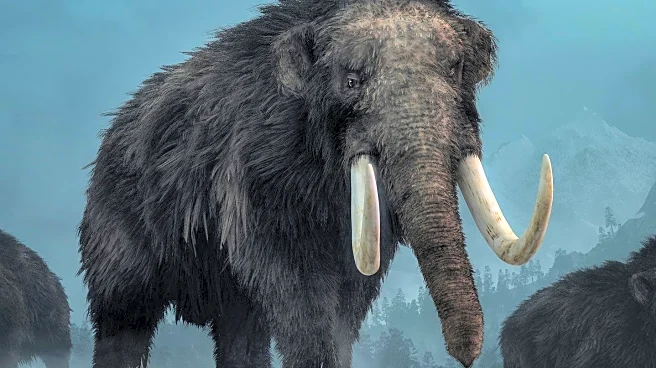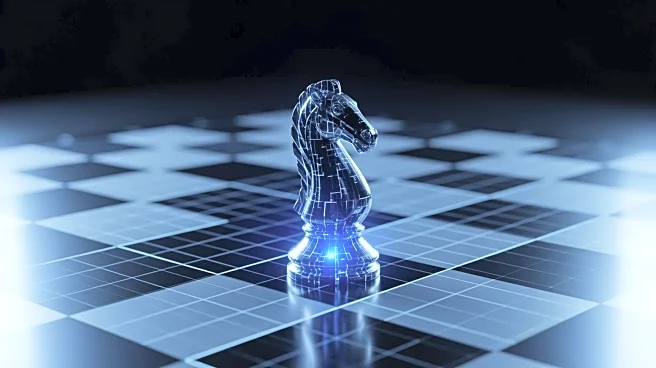What's Happening?
David Fishel from Indianapolis, Indiana, proposes that ancient humans may have domesticated ungulates similarly to how they domesticated wolves. He suggests that early humans could have raised juvenile ungulates, such as deer, for the products they would yield as adults. Fishel draws on his personal experience with white-tailed fawns, which easily bond with human caretakers, to support his hypothesis. This idea aligns with the notion that domestication of animals was a gradual process, beginning with humans raising young animals found in the wild.
Why It's Important?
Understanding the domestication process of animals provides insights into human history and the development of agriculture. If ancient humans did indeed domesticate ungulates, it could explain the origins of livestock farming and its impact on human societies. This theory could reshape our understanding of human-animal relationships and the evolution of agricultural practices. It highlights the adaptability and resourcefulness of early humans in utilizing available resources for survival and development.











